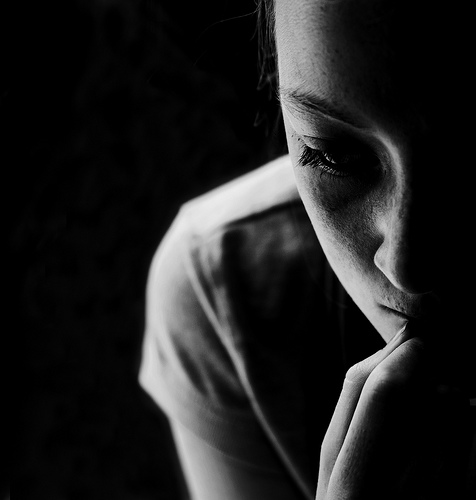Leadership competence, Sexual struggles, Spiritual Self Care
What addiction and recovery taught me about “believing in God”
The Merriam-Webster’s dictionary defines belief as: “A state or habit of mind in which trust or confidence is placed in some person or thing.” The experience of addiction messes this up for Christians, whether they want to admit it or not. They say that they “trust God” to help them be happy in life, and to help them overcome their addiction … but somehow this “faith” doesn’t seem to be working. Why not?
My experience of addiction and recovery has forced me to admit that professing to believe something doesn’t mean I really believe it. It has forced me to be attentive to situations where what I observe and experience in “real life” don’t fit with the set of beliefs I espouse.
 Coming to believe is a process
Coming to believe is a process
In 12 Step language, recovery is a process where people “come to believe” in a Higher Power who can help them overcome their addiction. It’s not assumed that anybody is doing this when they start. It’s a process … and it takes time. And for people who come into this process with a set of beliefs about a “Higher Power” already established, the scary reality is that part of their problem is likely that some of those “beliefs” are inaccurate and destructive.
Religious people hate hearing this. They want to think that their spiritual life is all fine, just the way it is. In fact, they think that recovery should be easier for them than for “non-religious” or “non-Christian” people … because they have the spiritual part all figured out already. But what if they don’t?
Suppose I believe that God is a magic fairy and that if I ever get into a big problem, I can spin around in a circle four times and say “help me help me help me fairy God” … and then all my problems will be solved. I am very earnest and sincere about this … and I go to a church that teaches this as the correct interpretation and application of the Bible’s promises about prayer.
But then suppose I come into a recovery program with my life in a shambles and my addiction raging out of control … but I still have this belief about God and the spiritual life. It should be obvious that the magic fairy prayer beliefs need to go. They aren’t working … and in fact are keeping me from doing the things that would work.
Look honestly
So when we go into recovery, it’s wise to go into the process holding our “beliefs” loosely. Maybe our beliefs are wrong. Maybe our beliefs about who God is, and how God relates to us, are more a part of the problem for us than part of the solution. Maybe some of these beliefs reflect the dysfunction of the family members, church life, and traumatic experiences that shaped us in early life.
To me this is part of the genius of 12 Step recovery. By keeping the God language vague and recognizing that “coming to believe” is a process, 12 Step recovery offers Christians a golden opportunity to ask themselves important questions about their spiritual life.
The irony
I find it sad and ironic that this aspect of recovery — the recognition that our spiritual beliefs need to be looked at and will likely undergo some changes — is the great wisdom of the 12 Steps but is also the reason why so many Christians don’t like the 12 Steps.
I come from an evangelical, Bible-based Christian denomination, and I’ve met a lot of people who don’t like the 12 steps because of the language in Steps 2 and 3. They won’t go to a 12-step program which talks about a “Higher Power,” and “God as you understand God”. They want to go to a Christian program, which specifically talks about Jesus Christ. They see 12 Step spiritual vagueness as a threat, and assume that if Jesus isn’t mentioned by name in the steps, that somehow He will be ignored in the process of recovery.
I have come to a place where I see this broad, non-specific language about a higher power as a good thing. I was a pastor for many years. I had concrete beliefs about God, and devoted my life to studying this belief. I had the impression that I understood the pure, unadulterated image of God and that I was giving the “true gospel.” But at the same time I was struggling with addiction.
After being in recovery 12 years, I’ve come to a place where I see things differently now. I see how important the language in this step really is. This language allows people of all spiritual backgrounds to be able to take part in the 12 step program, but it also forces those who already have a belief in God to really dissect that belief and figure out what might have been missing in the first place.
The 12 steps asks us to turn our lives over to God as we understand God. If we don’t understand who God is, how can we in any meaningful way turn our lives over to God?
The great news
Here’s the great news: it’s okay to do this step by step, and it’s okay to do this imperfectly, knowing that “more will be revealed” as we continue the recovery process. As we continue the recovery journey, we will “come to believe” in new and deeper ways, and thus “turn our will and our lives” over to the care of this God in new and deeper ways.



Pingback: Spiritual Growth articles by Pastor Mark | Jacob's Well Church Community
Thanks for the insights Mark. I think I come from a similar upbringing!
Very challenging to re-think God as I’ve been taught almost 50 years.